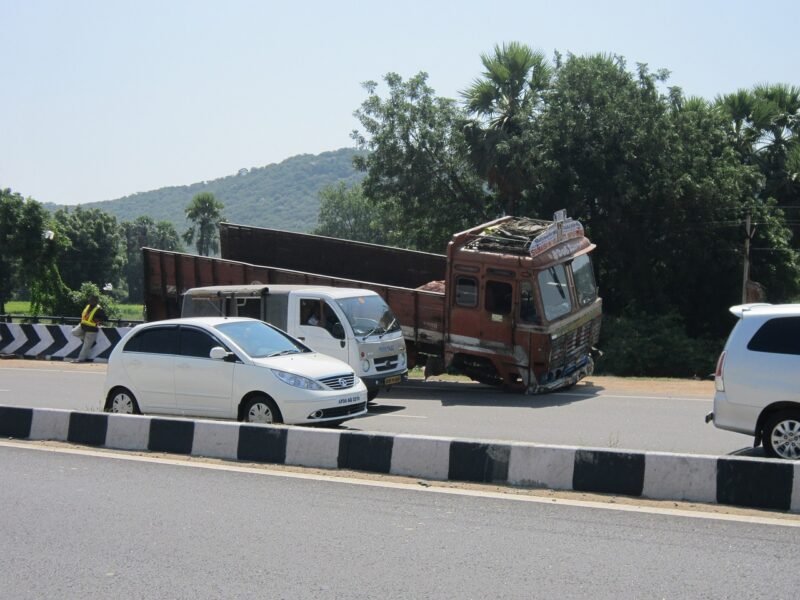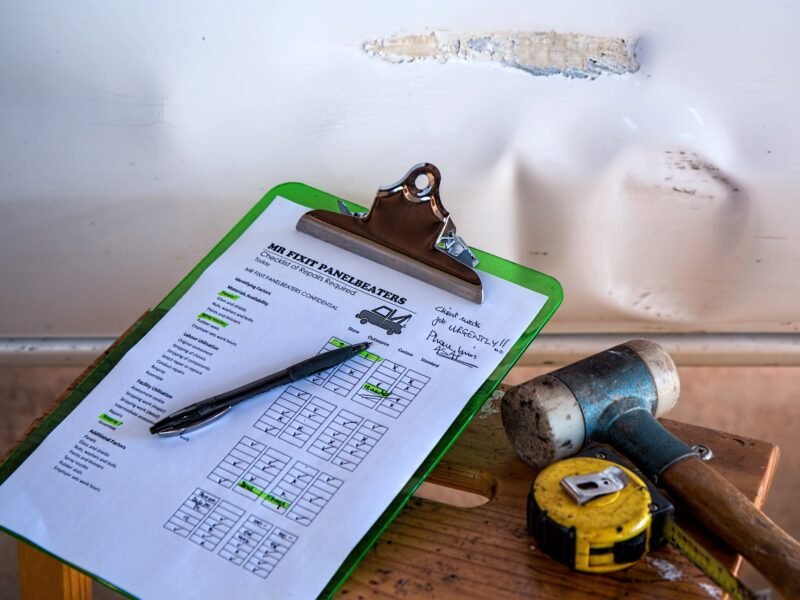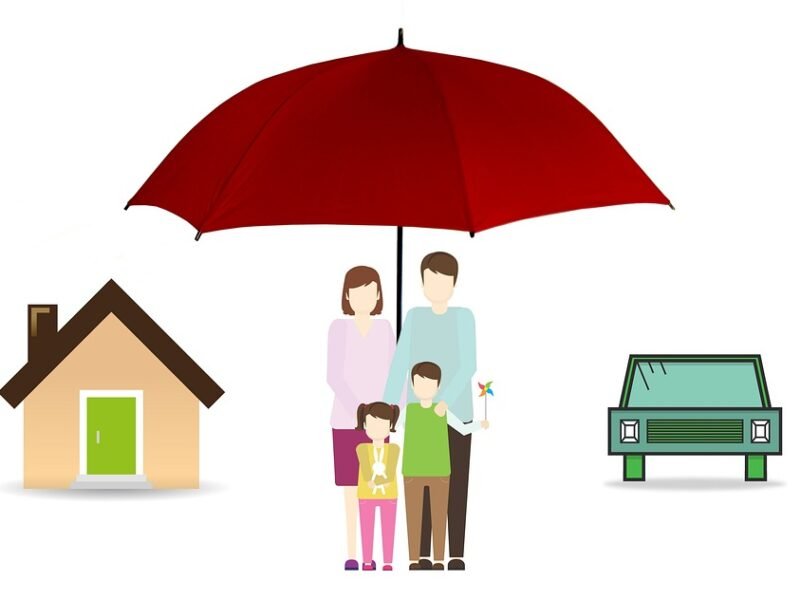A Full Overview
Insurance auto auctions are a type of specialized marketplace where vehicles declared a total loss by an insurance company are sold to the highest bidder. These auctions create just the right avenue for buyers to buy such vehicles at considerably lower prices, mostly to repair, resell, or for parts. The range of vehicles is from cars, trucks, motorcycles, to even boats that get damaged due to different accidents, calamities, and other incidents auctioned off in these sales.
Insurance auto auctions play a great and important role in the industry of automotive; they provide a very efficient procedure through which an insurer can recover losses and the buyers can come up with reasonably priced vehicles.
How Insurance Auto Auctions Work
Insurance auto auctions act like a bridge between insurance companies and buyers. When a vehicle gets into an accident or some other incident, the owner makes a claim on his insurance provider. In case the cost of repairing the vehicle exceeds the actual cash value of the vehicle, then the insurance company declares the vehicle as a total loss. Here, the vehicle ownership is taken by the insurance provider, who sends it to an auction to recover the financial loss it has incurred.
The normal steps followed in an auction would include the following:
1. Vehicle Acquisition: Vehicles are acquired by insurance companies through claims and then categorized according to make, model, and condition of damage.
2. Listing and Inspection: Vehicles are then listed on an auction platform; normally, with full details, including photos and a condition report. The buyer might view the car personally or through an online catalogue prior to making any bid for purchase.
3. Bidding: The buyer will, through bidding, participate in an auction for the vehicles. These may be physical, web-based, or both.
4. Sale and Payment: The highest bidder gets the vehicle and normally pays the auction house within a short time from the sale-a common timeline for this is anything between 24 to 48 hours.
5. Title Transfer: The car’s title will be transferred through the house in the buyer’s name, though sometimes with the “salvage” brand if the automobile had been marked as a complete loss.
Type of Vehicles Sold at Insurance Auto Auctions
During insurance auto auctions, several types of vehicles are put for sale, from lightly damaged to completely wrecked. Vehicles can be categorized as the following type:
1. Salvage Vehicles: These are those which the insurance company declares as total loss due to huge damage. The majority of these are sold for parts or repair.
2. Clean Title Vehicles: Some of the vehicles at auctions have clean titles; they have never been declared a total loss. These are usually in better condition and may require minor repairs.
3. Flood-Damaged Vehicles: Insurance auctions are full of those that have been water-damaged by floods and other natural calamities. Such vehicles usually have electric and mechanical malfunctioning owing to the water intake of their systems.
4. Repairable Vehicles: These are those vehicles that may be damaged but can be put on the road again with easy repairs. They are popular with bidders who have sources to repair such vehicles, mostly because of technical expertise.
5. Parts Vehicles: Some vehicles sell only for their parts since they are too damaged to be repaired. These are usually purchased by auto repair shops or by individuals who need certain components.
Who Buys Vehicles at Insurance Auto Auctions?
The buyers of vehicles at insurance auto auctions are very diversified and range from one type of buyer to another, with respect to their goals and needs. The principal types of buyers include:
1. Individual Buyers: These people go to the auctions to find cheap vehicles for personal use. Those may have the skills to repair the vehicles themselves or know such a person.
2. Auto Repair Shops: The repair shops buy damaged vehicles, refurbish them, and sell them at good prices. They might also buy vehicles for their parts to be used in other repairs.
3. Dealers: Many car dealers are licensed and buy at auctions to stock their lots. They can purchase bulk vehicles and sell to customers.
4. Exporters: Some buy to export these to other countries which may give them better margins of sale or utilize them for spare parts.
5. Junkyards: These often buy up those beyond repair, dismantle, and recycle their material for uses.
There are a number of benefits that arise to the sellers and buyers as far as insurance auto auctions are concerned :
1. Savings: Most vehicles in these places have lower purchasing values compared to market values; thus, this could be the only hope of affording cars by the less privileged.
2. Wide Selection: The broad variety in auctions makes it easier for buyers to get exactly what they are looking for.
3. Most of the auctions come with comprehensive condition reports and photos that help buyers make informed decisions.
4. It helps insurance companies sell off totaled vehicles efficiently and fast, reducing storage costs and administrative burdens.
5. Ecological Impact: By recycling and reconditioning vehicles, auctions contribute to reducing waste and fostering sustainability in the automotive industry.
Challenges and Risks
While insurance auto auctions come with many advantages, there are also certain challenges and risks that accompany them:
1. Hidden Damage: There is always hidden damage in the vehicles that will not be indicated in the condition reports. That calls for serious care and diligence in conducting inquiries.
2. Title Issues: Some vehicles will have title problems, such as liens and branding, and this complicates the process when changing ownership of the vehicle.
3. Competition: Popularly used vehicles result in a considerable number of competitors, which eventually raises the price and hence minimizing the possibilities of savings.
4. Limited Warranties: Most of the vehicles being sold in an auction are sold “as-is.” No warranties or guarantees take place. Buyers assume all risks associated with purchasing the vehicle.
5. Transportation Costs: The buyer must make transportation arrangements for the vehicle from the auction site to any location they want to take the car to, which may further increase the overall cost.
How to Buy at Insurance Auto Auctions
The following tips will ensure the best experience in those looking to buy vehicles at an insurance auto auction:
1. Do Your Research: Be familiar with how the process of the auction goes, the value of the vehicles, and how the market is at that moment. This will help you make your decisions conclusively without overpaying for anything.
2. Know Your Budget: Estimate your budget beforehand and stick to it. Add in other costs such as repairs, transportation, and registration fees.
3. Inspect the Vehicle: If at all possible, inspect the vehicle yourself or hire a professional to inspect it on your behalf. Consider the extent of the damage and the cost of the repairs.
4. Check the Title: Check the status of the title for any liens or branding issues that may affect your ability to register or resell the vehicle.
5. Bid Responsibly: Do not get swept away by auction fever. Determine your maximum bid for every car and be prepared to back off when the price climbs higher than that.
6. Understand Terms: Go through the terms and conditions of the auction and cover terms relating to payment schedules, fees, return policies, among others.
Conclusion
Insurance auto auctions play a very vital role in the car industry. For an insurer, it helps in recovering their loss; buyers get vehicles at an affordable price. Let it be the individual who is in pursuit of finding a reasonably affordable car or the repair shops seeking inventory or even the dealer who would like to fill the lots, the insurance auto auction will present more options.
However, such auctions require a lot of care, with proper research and inspections to limit risks. With the right information and strategy, insurance auto auctions can remain a good point of reference for quality vehicles at competitive prices.






